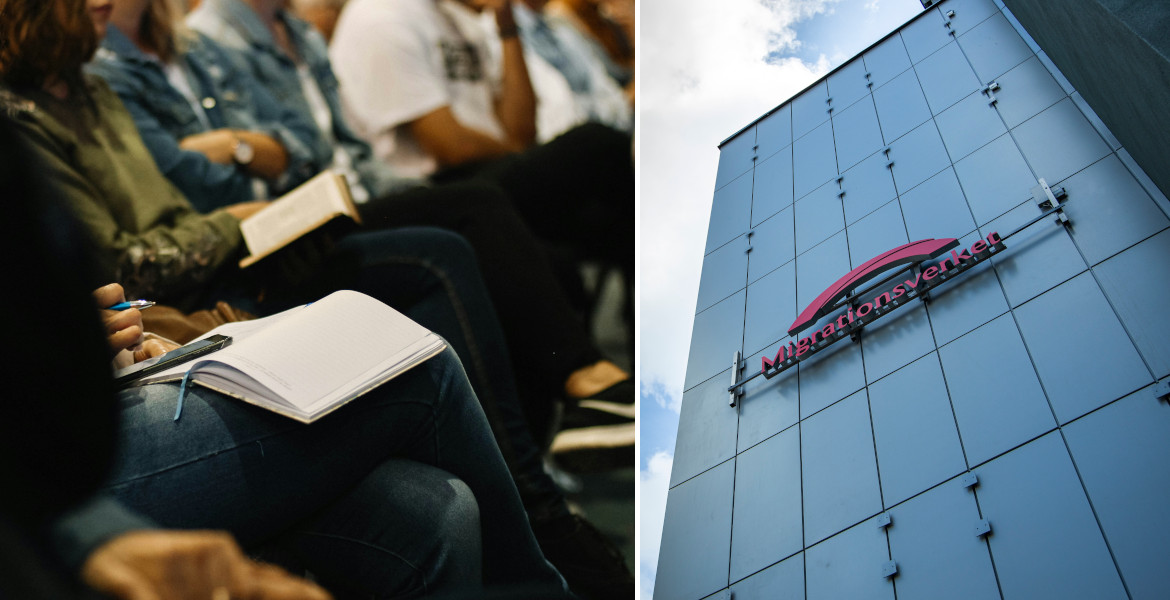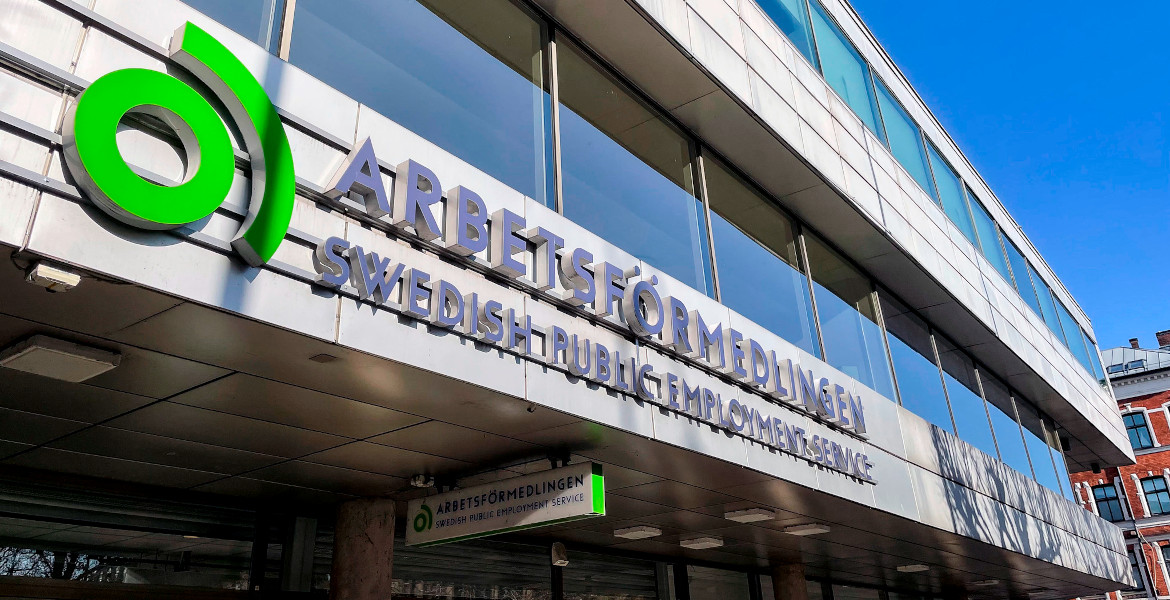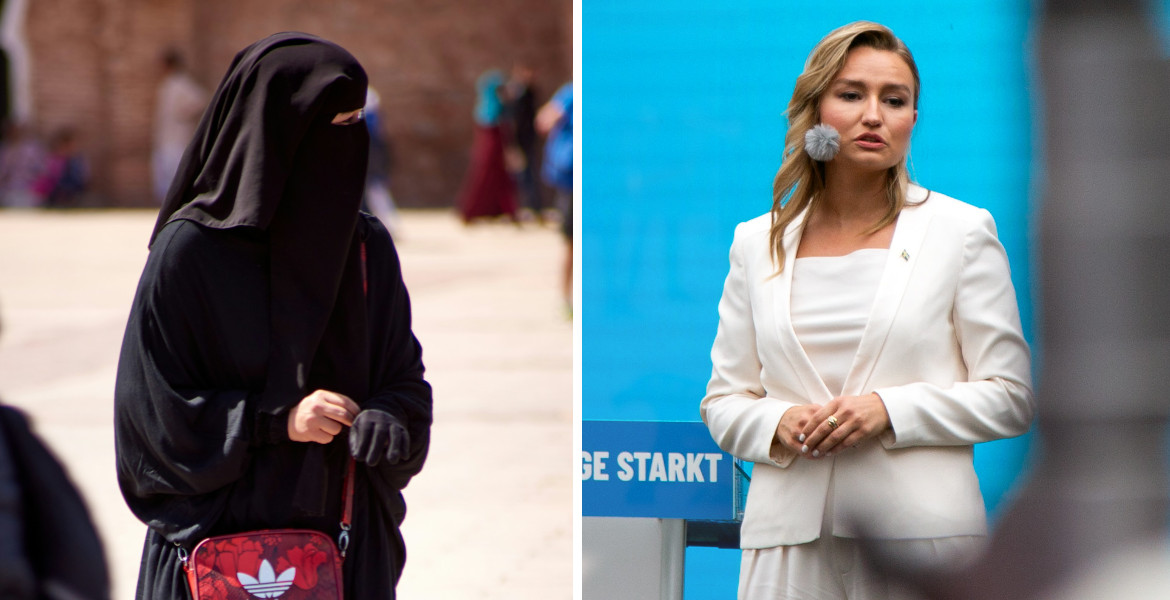According to a new report, 72% of those who are granted a residence permit drop out of their studies before the second year – and a third of them disappear from the radar of the Swedish Migration Agency (Migrationsverket).
– If they settle in Sweden, it is not where they studied. The cases will probably and hopefully end up in the hands of the police, says a source at the agency.
Last autumn, the Swedish National Audit Office (Riksrevisionen) criticised the Migration Agency (Migrationsverket) for revoking the residence permits of immigrants who had come to work. The audit found that there were thousands of cases where residence permits had not been revoked, even though the people concerned were no longer allowed to stay in Sweden. In 2020 alone, there were more than 13,000 cases where there were strong reasons to investigate whether the person was fulfilling the conditions of their residence permit.
The review also found that almost one in four people who came to Sweden to study had no record of studying in Sweden, but neither the Migration Agency nor the universities knew what the people had done during their time in Sweden. Nor did the Migration Agency follow up on those who dropped out.
An internal report from 2022 by the police’s National Operations Department (NOA) shows that studies have been abused as a way to come to Sweden to work, according to Fokus, which has read the report.
“Really unpleasant”
The report, which focuses on Pakistani citizens because they make up the largest group of students, shows that 72 percent of those granted a residence permit dropped out of their studies before the second year. According to Swedish regulations, a foreign student is granted a work permit if he or she has completed one semester of studies, equivalent to 30 credits, without being employed by an employer. In addition, the student is not subject to the minimum wage requirements for immigrants. Students also have the right to bring close relatives to Sweden.
Almost a third of students drop out to work instead, but another third of those who come to study also disappear from the radar, the report shows. “They don’t work or continue their studies, and you don’t know where they go.
– This is where it’s getting really uncomfortable, a source at the Swedish Migration Agency told Fokus.
Rumours of human trafficking
In Pakistan and other countries, Sweden is marketed as a “life-changing package for you and your family”, “unlimited work allowed”, “free education for children” and “travel with family”, with agents working on behalf of those who want to come to Sweden. The phrase “No IELT” is also often used, meaning that the education does not require an English test.
The report also suggests that Swedish universities are trying to attract students from outside the EU because they have to pay between 50,000 and 100,000 SEK per semester in course fees. There are also suspicions that courses are being created specifically for these students, as several institutions are offering 30-credit courses with very low levels of difficulty and no language requirements.
The source points out that it is becoming “unclear whether people from poor countries want to come here to study, or whether the studies are there because they want to come here for other reasons”, and there are also rumours of trafficking and prostitution, although there is currently no clear evidence of this. For example, there is a high proportion of young women from Nigeria – one of the world’s biggest trafficking countries.
– We don’t see what’s happening, we just have this big empty number of asylum seekers. If they settle in Sweden, it is not in the place where they studied. The cases will probably and hopefully end up in the hands of the police.






